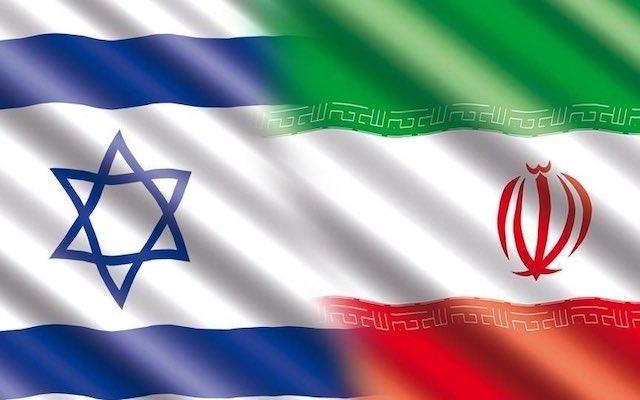In a definitive stance against Iran's escalating proxy activities in the Middle East, Israel's Minister of Economy and Industry, Nir Barkat, has declared Tehran a 'legitimate target' for military action. Speaking with The Telegraph, Barkat emphasized, "Iran is a legitimate target for Israel. They will not get away with it. The head of the snake is Tehran."
This statement comes in the wake of the deadly Hamas attack on October 7, which Barkat terms the 'Black Sabbath' due to its horrific impact, marking it as the deadliest day for Jews since the Holocaust. The attack, resulting in over 1,200 civilian deaths, has ignited a broad regional conflict, with Iran's proxies from Iraq, Syria, Yemen, and Lebanon forming a coalition against Israel and the United States. These groups have further intensified tensions by implementing a blockade on international shipping in the Red Sea.
Israeli Minister Nir Barkat:
— Globe Eye News (@GlobeEyeNews) January 25, 2024
Iran is now a legitimate target of Israeli missile attacks. pic.twitter.com/MfW5VP2g4Y
Barkat, a prominent figure in Israeli politics and a likely successor to Prime Minister Benjamin Netanyahu for the Likud party leadership, firmly believes in a proactive stance against Iran. "We should very clearly make the Iranians understand that they will not get away with using proxies against Israel," he stated.
Despite Iran's public disassociation from the Black Sabbath attack, their commendation of Hamas's actions has not gone unnoticed in Israel. In the midst of these rising tensions, Barkat assures that Israel is prepared to continue its military efforts and potentially open a new front with Lebanon, even as daily military expenditures exceed $250 million.
🚨Update: War between Israel and Iran is coming!! Iran is now a “legitimate target” for Israeli attacks, Economy Minister Nir Barkat has told The Telegraph, raising fears of an armed conflict with Tehran!
— US Civil Defense News (@CaptCoronado) January 25, 2024
He also stated that the ground operation in Gaza is not being fought with… pic.twitter.com/I6hwn2cRCL
The economic repercussions of this prolonged conflict are evident. Israeli media reports a noticeable rise in food prices, attributed to increased shipping costs and operational challenges in the Red Sea, compounded by Hezbollah's activities along Israel's northern border. Further escalation, especially a potential war with Hezbollah, is predicted to exacerbate these economic pressures.
In a stark reflection of the ongoing conflict's impact, the Israeli KAN channel reports the closure of thousands of businesses in northern settlements since October 7, 2023, highlighting the significant economic and social disruption caused by the confrontation with Hezbollah.
While the initial drop in job vacancies witnessed at the onset of Israel's conflict with Hamas has steadied in recent months, the economy now grapples with a slowdown in worker demand.https://t.co/Vmianf2IOI
— The Jerusalem Post (@Jerusalem_Post) January 25, 2024
Contrasting views within the Israeli government have also surfaced. The Minister of Immigration and Absorption, Ofir Sofer, expressed regret over the early escalation of tensions on the northern front, advocating for a political solution to the crisis.
Hezbollah's support for Gaza has been marked by numerous strikes against Israeli military bases and sites since October 8, leading to the evacuation of nearly a quarter-million Israelis from northern settlements. These regions, crucial for Israel's poultry and agricultural production, face significant threats.
Adding to the tensions, Hezbollah's recent rocket attacks on Israel, including the use of white phosphorus, as reported by Israeli media, have further escalated the situation. The attack in the Metulla area, resulting in a large fire, underscores the volatile and complex nature of the ongoing conflict in the region.


